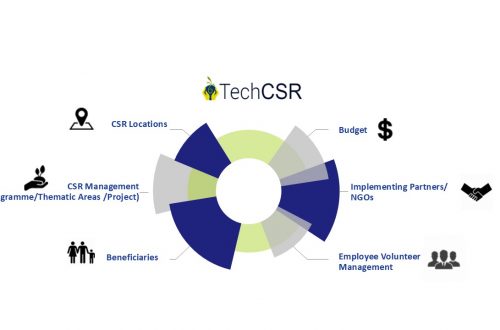
What is Environmental, Social & Governance (ESG)- Brief Masterclass
Environmental, social, and governance (ESG) refers to the three key factors that investors consider when evaluating the sustainability and societal impact of an investment. ESG has become increasingly important in recent years, as investors and companies alike recognize the need to integrate sustainability into decision-making and take into account the long-term consequences of their actions.
Environmental Factors:
Environmental factors refer to the impact of an investment on the natural environment. This includes issues such as greenhouse gas emissions, resource use, waste generation, and ecosystem degradation. Investors may consider whether an investment is consistent with a transition to a low-carbon economy and whether it is aligned with environmental protection goals.

Social Factors:
Social factors refer to the impact of an investment on people and communities. This includes issues such as labor rights, diversity and inclusion, and the provision of essential services such as healthcare and education. Investors may consider whether an investment is contributing to social progress and improving the well-being of people.
Governance Factors:
Governance factors refer to how a company is managed and its level of transparency and accountability. This includes issues such as executive compensation, board diversity, and the alignment of management incentives with the long-term interests of shareholders. Investors may consider whether a company has strong governance practices in place and whether it is effectively addressing potential risks and opportunities.
Significance of ESG Investing:
ESG investing has grown significantly in recent years, as more investors are incorporating ESG criteria into their investment decisions. This is driven by several factors, including the increasing awareness of the risks and opportunities associated with sustainability, the availability of ESG data and tools, and the growing number of companies disclosing and managing their ESG performance.
There are a variety of ways that investors can incorporate ESG into their investment decisions. Some investors may choose to invest directly in companies that have strong ESG performance, while others may opt for ESG-themed funds that focus on specific sustainability issues or sectors. Investors can also engage with companies to encourage them to improve their ESG performance, through activities such as shareholder proposals and dialogue with management.
Conclusion:
Overall, ESG is an important consideration for investors who want to align their investments with their values and support sustainable development. By taking into account environmental, social, and governance factors, investors can help drive the transition to a more sustainable and equitable economy.

Currently heading the Business Development at CyberSWIFT, Dip is a Creative, Collaborative, Solution-Oriented Technologist, who is passionate about providing a Win/ Win situation to both Client and Company. With 10+ years of experience in the IT & Geospatial Industry, he has been in different shoes at different times viz. Strategic Business Development, Direct Sales, Project Management, Solution Architect, etc.





